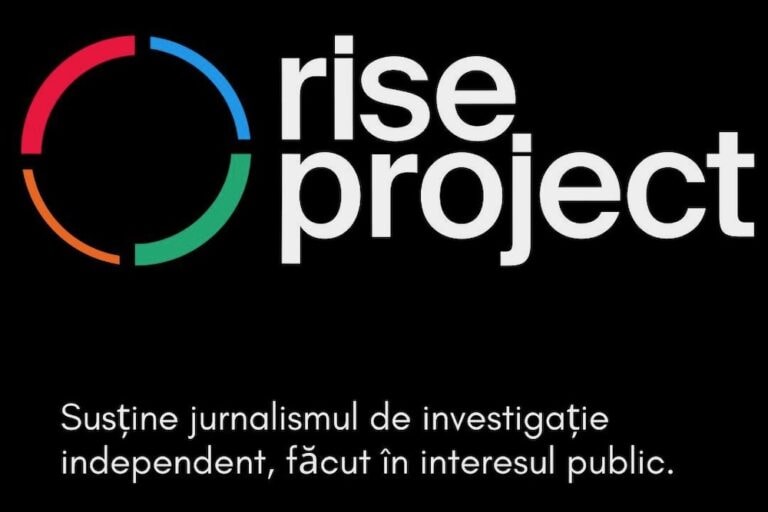(RSF/IFEX) – A journalist covering the presidential elections for a local daily in Focsani, northeast of the capital, Bucharest, was subjected to harassment by three officials in the space of a few hours on 6 November 2004. RSF and Romania’s Media Monitoring Agency (MMA) expressed alarm over attempts to intimidate Sebastian Oancea, of the daily […]
(RSF/IFEX) – A journalist covering the presidential elections for a local daily in Focsani, northeast of the capital, Bucharest, was subjected to harassment by three officials in the space of a few hours on 6 November 2004.
RSF and Romania’s Media Monitoring Agency (MMA) expressed alarm over attempts to intimidate Sebastian Oancea, of the daily “Ziarul de Vrancea” (“The Vrancea Newspaper”), while he was covering the campaign of the ruling Social Democratic Party and Romanian Humanist Party (PSD-PUR Union).
RSF and the MMA recalled that journalists from “Ziarul de Vrancea” have previously been subjected to official local harassment. Representatives from the local asministration have filed a total of 160 complaints against the paper.
In the first incident, George Baesu, a former prefect and PSD parliamentary candidate, told Oancea, “You deserve to be beaten for what you have written!”
In a second incident, Oancea approached Marian Oprisan, the municipal council chairperson, to take his photograph at a press conference. The official then told journalists present that they should “stay within the special area for journalists, as in the civilised world.” Journalists are ordered to maintain a distance of three metres in order to film or photograph Oprisan.
Finally, Oancea asked local Police Chief Silviu Crin Grosu, “Mr Grosu, did you know that the Ministry of Administration and the Interior has banned local police officials from participating in the electoral campaign?” The police chief replied, “Mr Oancea, unless I am mistaken, your mother works for us at the inspector’s office, does she not?” “And what does that have to do with my question?” the journalist asked. “There could very well be a connection,” Grosu replied.
In 2002, municipal authorities blocked sales of “Ziarul de Vrancea” by bringing in cranes to demolish half a dozen kiosks that sold the daily. The kiosks had become the only sales outlets for the paper after the public distribution company, Rodipet, broke its contract with “Ziarul de Vrancea”.


